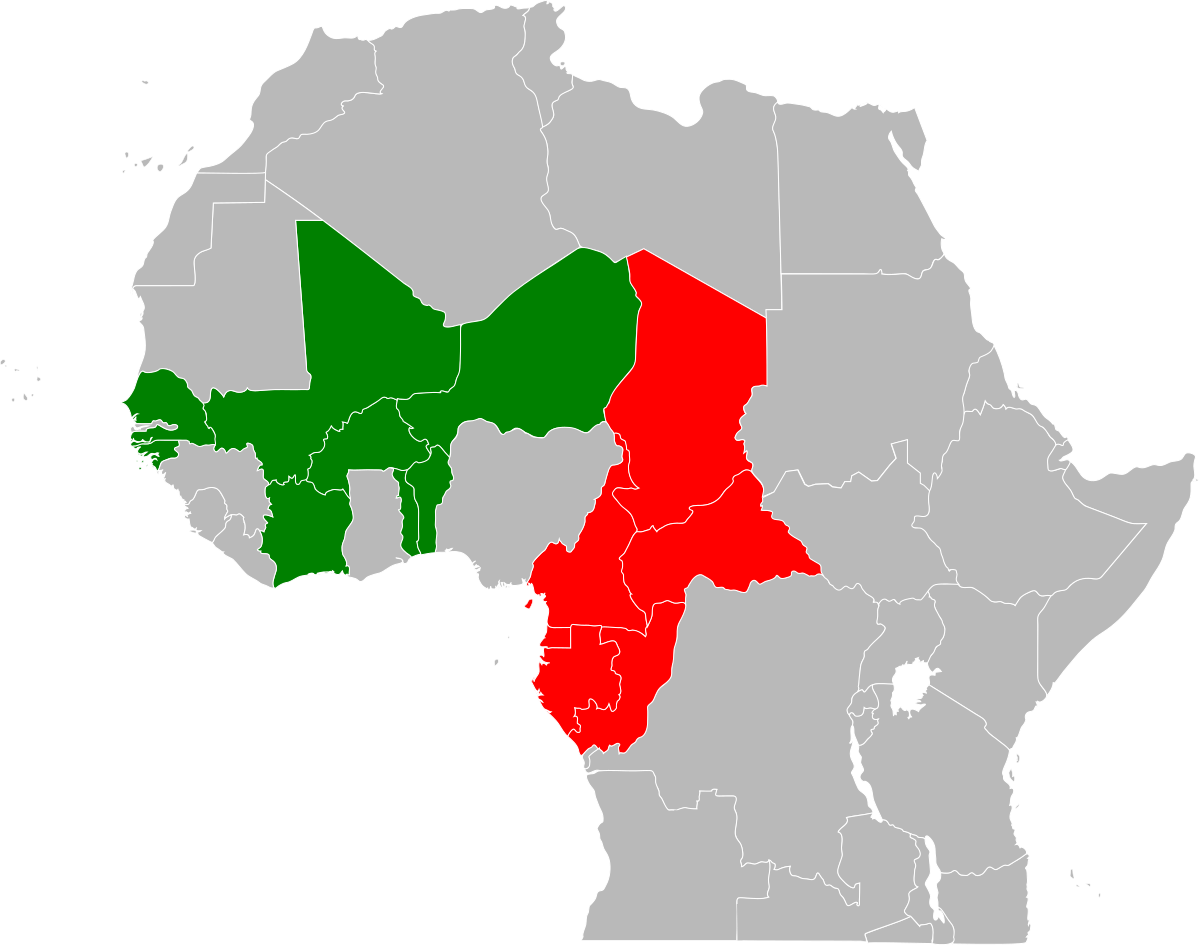All you need is for China to say - screw it, you're paying through the nose for all your TV's, computer parts and cars - most of which is made in China, and then you'll see how hard the world crumbles.
That... would be a very stupid move.
It would cause other big export countries to increase their prices moderately and completely knock Chinese industry out of the equation. Needless to say, their economy would crash almost instantly.
Well, Taiwan might have a small say in the matter.
A very, very small, almost insignificant and practically inaudible and whisper quiet say.
p_p, you are very bad geopolitics.
Saying Taiwan, a state that has monopolized the semiconductor industry (and, by extension, the electronics industry), as well as being a top 25 military power worldwide (arguably top 10 in Asia), would have a "very, very small say" in any scenario involving China is very, very stupid. Also, China imports most of it's semiconductors from --surprise!-- Taiwan.
I would say the belt and road initiate made China more powerful
1. It's not completed.
2. It definitely won't reduce China's reliance on the Strait of Malacca by much. It'll still be a huge weak point that is easy for the US to disable, considering their allies in the region.
Also, China is a world power
A much more accurate term is "great power."
Great powers do have power on a global or semi-global scale. Superpowers, on the other hand, have significant influence on other great powers; to the point that every great power has to consider a superpower's possible response each time they make a foreign policy decision. For example, China can't reasonably invade Taiwan because of the likely reaction of the US and its allies. Russia didn't consider NATO's likely reaction before the invasion of Ukraine, and has been completely humiliated as a result.
The US didn't have to consider possible repercussions to their support for Israel and Ukraine; or really anything they've been doing foreign policy-wise since the turn of the millennium.
In terms of influence, I'll use military presence as an indicator. (I know this is not a perfect measure, but it's about as close as I can reasonably get.) Russia only has significant military presence in CSTO member states (Belarus, Kazakhstan, Kyrgyzstan, Armenia, and Tajikistan), Syria, Ukraine, Mali, Niger, Sudan, Burkina Faso, and Ukraine. That's only about 4% of the world's population. China only has military bases in Djibouti and neighboring Tajikistan. Even with China's huge population, that's not quite 18% of the world's population. Even with a conservative estimate for the US and its allies, it still has more than 20% of the world population in its camp.
There is a clear line here that I'd hope is visible.
In terms of global access, I couldn't find a map of the combined NATO EEZs, but the EEZs of France

Britain

and the US

, when added to the French puppets in Africa,

(note: Niger, Mali, and Burkina Faso are likely going to leave the CFA Franc system soon.)
Should get the point across.
The US can intervene basically anywhere in the world. Russia and China are mostly restricted to Asia.
Basically, China is not a superpower. Not even close.